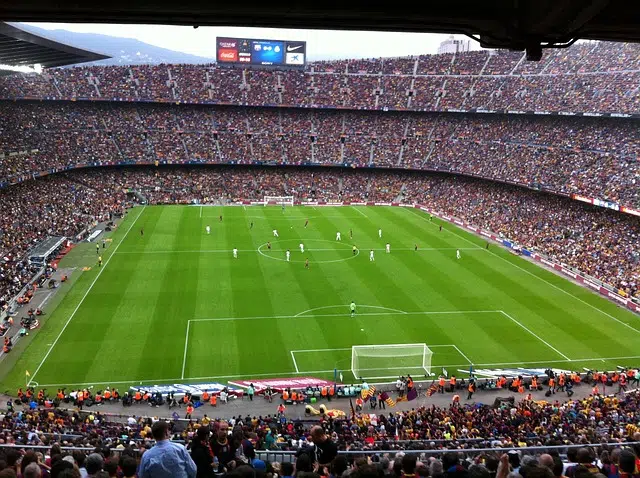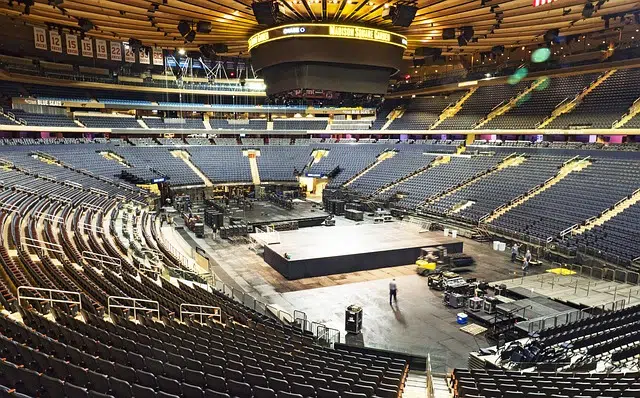
A stadium is an infrastructure that can host different events and has space for the public.
The etymology of stadium takes us to the Latin stadĭum , in turn coming from the Greek stádion . The first meaning of the concept mentioned by the Royal Spanish Academy ( RAE ) in its dictionary refers to the structure with stands that is used for concerts, sports competitions and other events .
Stadiums can have different characteristics . Broadly speaking, it is possible to distinguish between indoor stadiums and open-air stadiums .
Origins of stadiums
The first stadium is considered to have been built in Ancient Greece , more precisely in Olympia . This space was born to host athletic competitions .
Those primitive stadiums always had an athletics track , something that does not usually happen today. In the Roman Empire , stadiums of this type with stands for spectators were also built.
Over time, stadiums evolved in multiple ways. At a general level, it can be stated that a stadium (which, on the American continent, is also called a field ) has a playing field with sections for spectators around it.
Classification according to type
We already indicated that stadiums can be open-air (that is, uncovered) or covered (roofed). In some cases, stadiums have a sliding roof. Football stadiums, for example, are usually uncovered, while basketball stadiums always have a roof.
The stadium that is built to host an edition of the Olympic Games is called the Olympic stadium , like the Olympic Stadium in Berlin (home of the 1936 Olympic Games ). If the design of the stadium is linked to a world championship, it is called a World Cup stadium (the Seoul World Cup Stadium is one of them).
Multi-use stadiums , meanwhile, are created to promote the development of different sports . We can name the Robert F. Kennedy Memorial Stadium which is located in Washington DC and can host football, American football and baseball games.

Stadiums can be closed (roofed).
The most famous stadiums in the world
Many stadiums are known worldwide for the events they hosted or for their capacity. If we focus on Spain , we find football stadiums such as the Santiago Bernabéu Stadium (where Real Madrid plays at home) and the Camp Nou Stadium ( FC Barcelona ).
In England, Wembley Stadium stands out. There was a first structure inaugurated in 1923 and demolished in 2002 , then replaced by a new one that was erected in the same place. Queen , U2 , Guns N' Roses and Metallica are some of the bands that offered shows in these stadiums.
Among the closed stadiums, Madison Square Garden in New York ( United States ) stands out. The New York Knicks ( NBA ), the New York Liberty ( WNBA ) and the New York Rangers ( NHL ) play there. In addition, concerts and boxing evenings usually take place.
Other uses of the concept
The term stage can also refer to a period or a stage : “The negotiations are already at an advanced stage, so we hope to reach an agreement in the coming days,” “The project is only in a preliminary stage.”
In the Roman Empire and Ancient Greece , the stadium was a measure of length that was equivalent to about 185 meters ( 125 geometric steps ). The venue that was that length and that housed fights and races was also called a stadium. Hence the name of the sports infrastructure.
